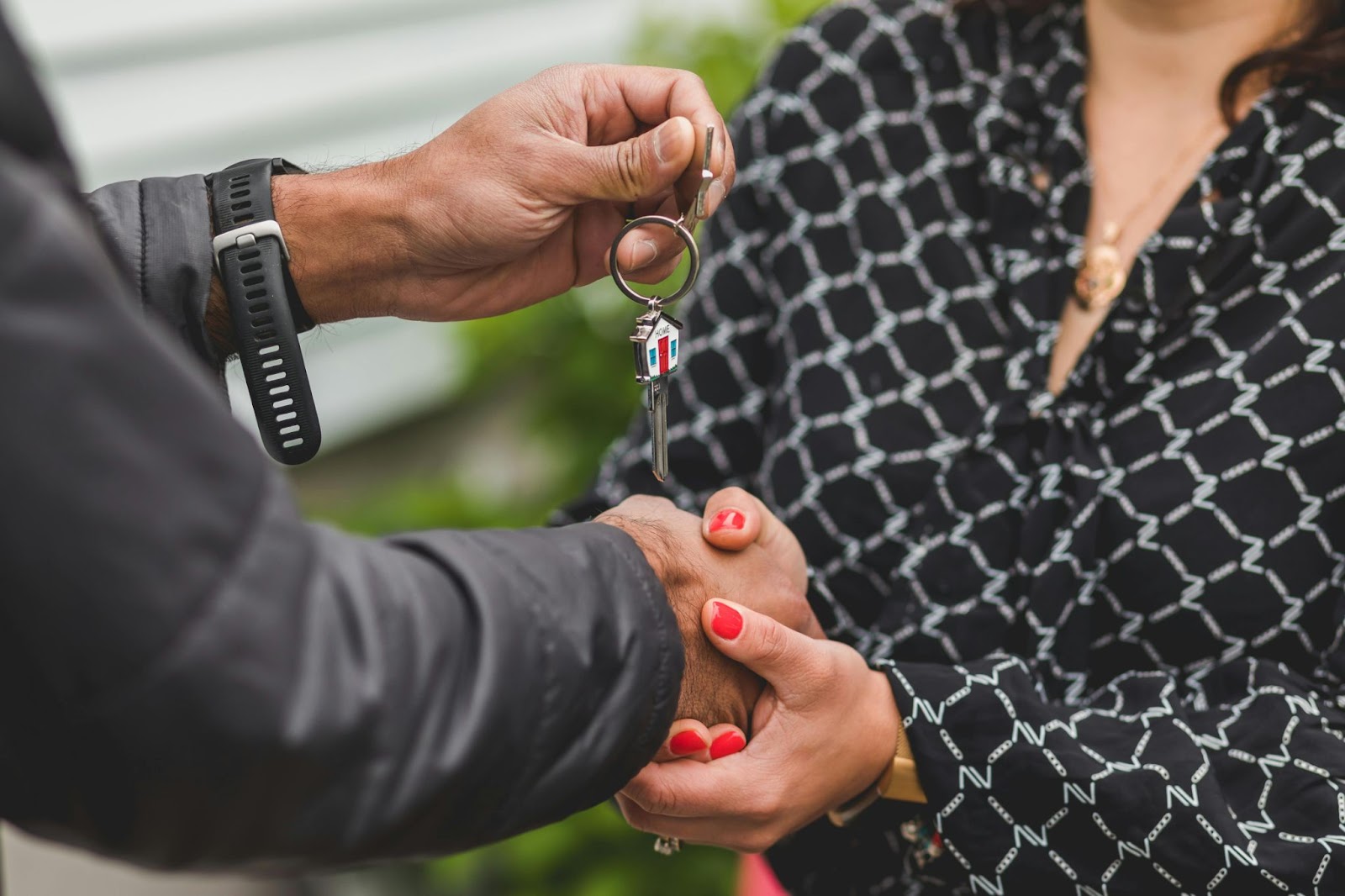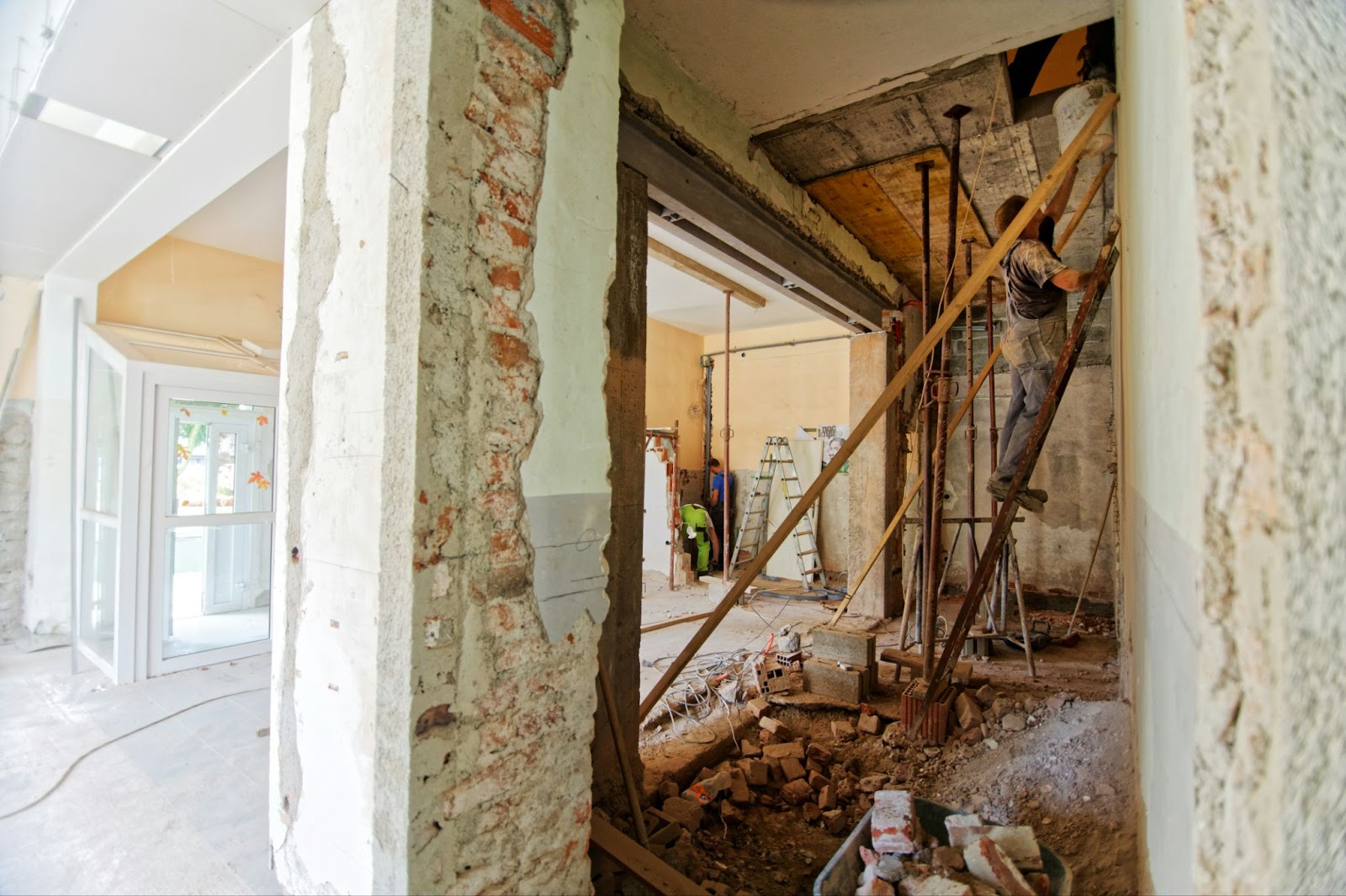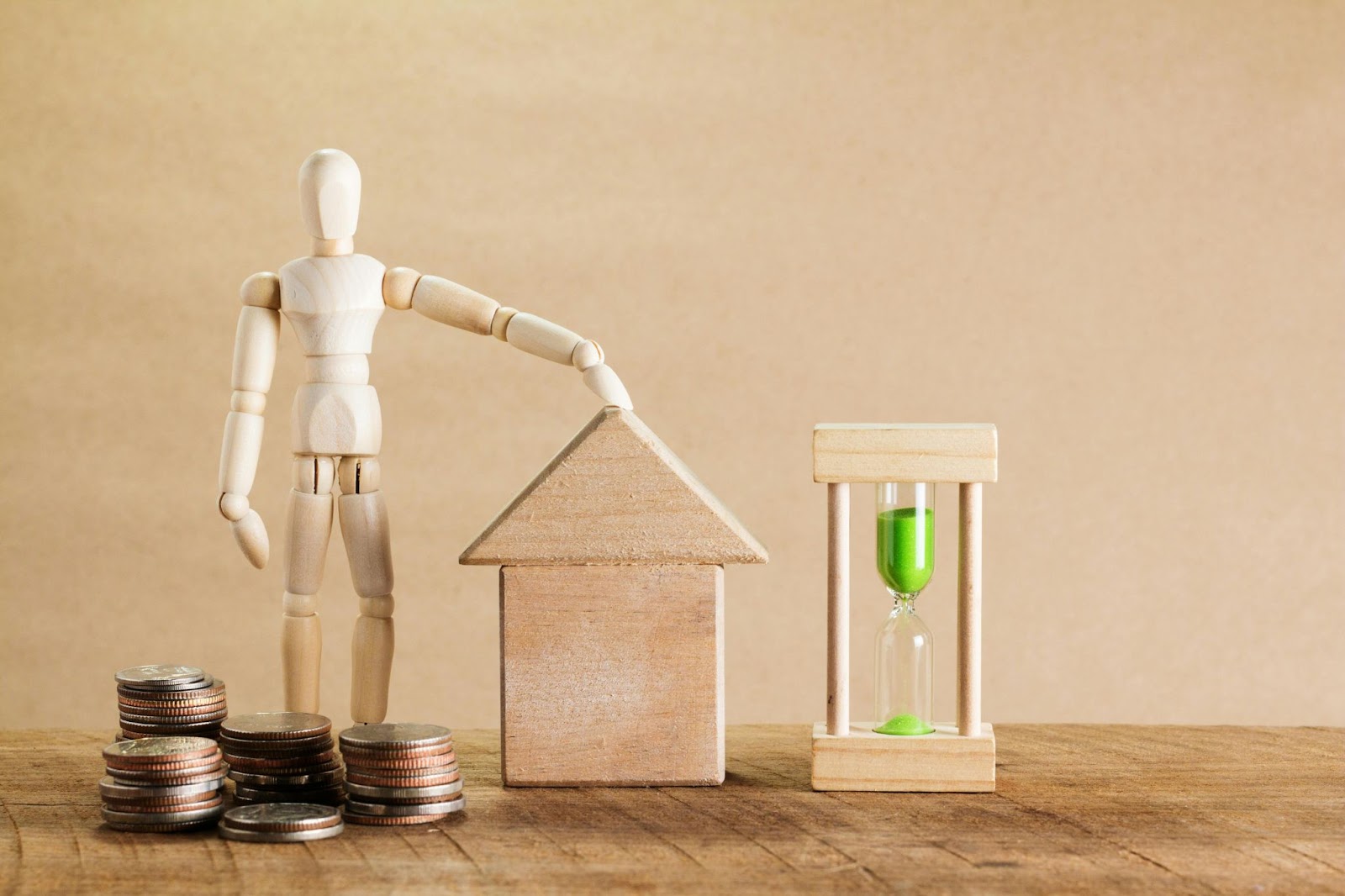This guide will break down the pros and cons of each choice, helping you to figure out the right one!
The Freedom of Building a Home from Scratch
Building your own home allows you to take the reins in choosing a house best suited to you: from location, to floorplan, to aesthetics.
It also can give you a better sense of peace of mind regarding the structural integrity of your home, knowing it’s built recently, with quality materials.
What’re the benefits?
Customisation: While it varies from builder to builder, customisation is one of the biggest appeals of building new.
Choosing a custom builder allows you to tailor every aspect of your home to perfectly suit your preferences. While there may be fewer changes to a floorplan permissible with a volume builder, their prices are typically lower. They may be the right choice if you can find a plan and facade that suits what you’re looking for!
Modern Features: Embrace the future by integrating the latest advancements in home technology. New constructions can include everything from smart home automation to the most efficient, eco-friendly building materials and methods, ensuring your home is both modern and sustainable.
Fewer Initial Maintenance Issues: Given that they are freshly built, newer homes typically have fewer maintenance requirements which may otherwise come with an older existing home.
New homes come with the latest materials and technologies, significantly reducing the immediate need for repairs. Plus, the benefit of builder warranties offers an extra layer of security during the initial years.
What’re the setbacks?
Cost and Budgeting: Building a home may come with a higher price tag than buying, based on the separated cost of house and land, or in the case of a knockdown rebuild: the costs being completely out of pocket.
Buyers may also encounter additional costs for customisation, or unexpected construction hurdles.
Time Investment: The journey to building a home is long and subject to potential delays. From planning and permits to the actual construction, the timeline can be unpredictable, influenced by factors like weather, supply issues, and contractor schedules.
Complexity: The process of building a home involves a multitude of decisions, from design to materials to legal compliances. Managing these tasks, alongside ensuring that everything adheres to local building codes, can feel daunting.
Simplicity of Buying an Existing Home
Buying an existing home offers a straightforward path to home ownership. There are many practical benefits of purchasing a pre-built home, such as immediate availability, established neighbourhoods, and potentially lower upfront costs.
But, many buyers may struggle to find exactly what they’re looking for, within their price range, in the existing market.

Pros:
Convenience: The process of buying an existing home is generally simpler and quicker than building from scratch. You can often move in soon after closing, which is ideal for those who need a home without a lengthy waiting period.
Cost: Typically, buying an existing home can be less expensive upfront compared to building. The pricing is more predictable, and securing financing can be simpler, with various mortgage options readily available.
Established Neighbourhoods: Older homes are frequently located in established areas with mature trees, well-developed landscaping, and essential services already in place, enhancing the community feel.

Cons:
Compromises and Renovations: Purchasing an existing home may involve compromises on layout and features.
They might require significant renovations to meet your standards or to update ageing systems, which can be both costly and time-consuming. Sometimes, the upfront cost paid on a house is not indicative of later costs spent to renovate or update the home, to suit trends and preferences.
Hidden Problems: Older constructions can harbour hidden issues such as foundational flaws, outdated electrical systems, or plumbing problems, which may not be immediately evident during the buying process.
In contrast, choosing to build new provides warranties to prevent buyers from extended costs.
Less Energy Efficiency: Existing homes, particularly older ones, tend to have less efficient insulation and older appliances, which can lead to higher utility bills and a larger environmental impact.
Evaluate What Matters Most to You in Home Ownership
Whether it’s your first break into home ownership, or an upgrade, it can be helpful to consider what you’re looking for in a new home.
Reflect on your financial capabilities, your short-term timeline, and your long-term living needs. Each factor plays a significant role in deciding whether building or buying a home will best suit your lifestyle and goals.

Financial Considerations
Building a home generally requires more substantial financial input upfront and can incur additional costs from delays and customisations. Buying, on the other hand, might offer a more economical and straightforward financial pathway.
Time and Effort
Consider your timeline: if you need a home ready soon, buying is quicker and less labour-intensive. If you're prepared for a longer, more involved process with a potentially rewarding outcome, building could be the right choice.
Long-term Goals
Think about your long-term needs and lifestyle aspirations. Building a home allows for a tailored, future-proof living space, while buying might mean quicker stability and less hassle, albeit with possible compromises.
Making the Right Choice with Homeshelf

Homeshelf believes that doing the research upfront is the best way to build with confidence. We provide an online marketplace enabling Australians looking to build new to search for new home designs, house and land, and land. Search for builders in your area, to see what’s right for you!
Publisher Website: www.homeshelf.com.au